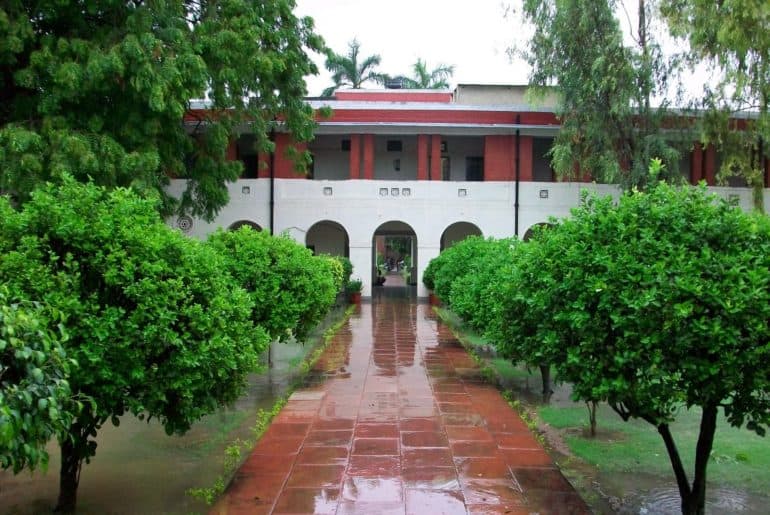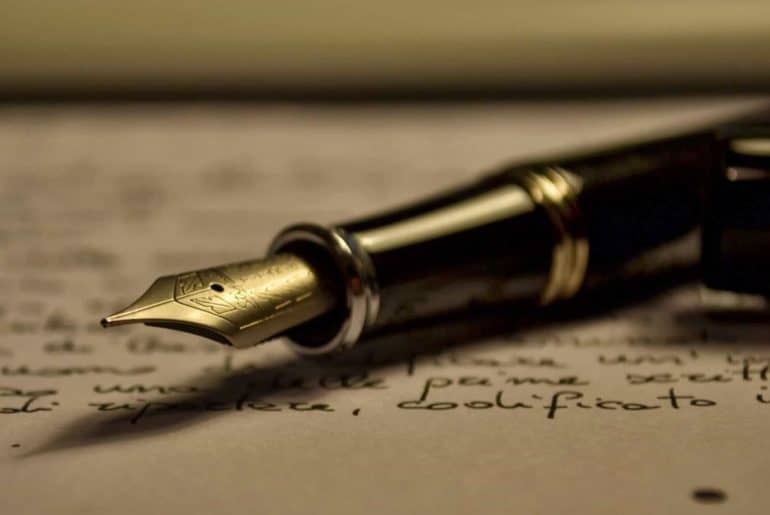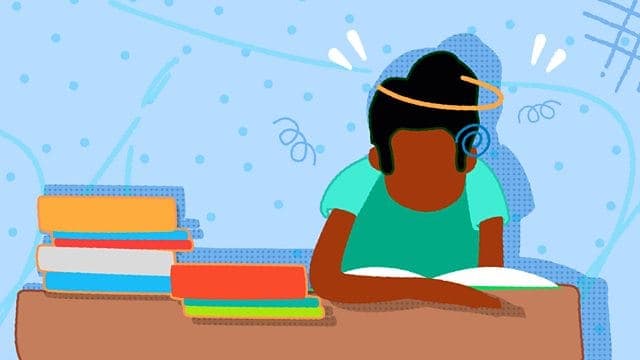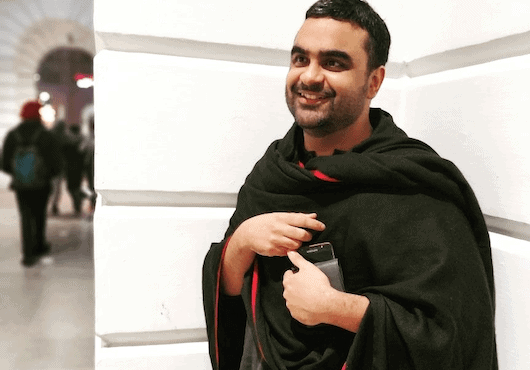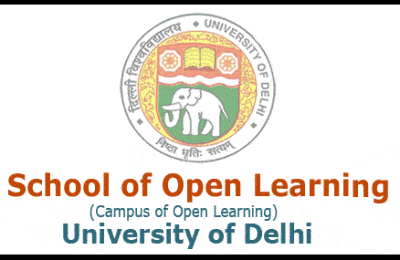Movements that start on social media have a way of fizzing out into oblivion on their own, so it is important to analyse their impact, by following up on regular intervals. What happened to some of the men named in the movement? Read on to know.
Women from all over the world grow up experiencing one or the other form of sexism, and even harassment by the time they leave their childhood years behind. Men are either on the causal end of this, or in a vicious cycle experience it in the form of toxic masculinity themselves. The individuals who do not identify with the conventional genders are, in fact, more prone to assault and sexual humiliation in their lives. The evidence of such harassment seldom exists because there are no security cameras recording inappropriate groping in a crowded place, or seemingly casual grazing of the thighs by well-meaning relatives behind closed doors.
The #MeToo movement has been criticized as a witch-hunt that aims to further the character assassinations of celebrities, especially famous men, without substantial evidence to support the allegations. But allegations have been made, nonetheless, because a small fraction of the society decided to stand by imperfect feminism, instead of perfect misogyny and patriarchy in a fortunate and well-deserved change of events.
It is not only significant to stay informed on the subject of predatory behaviour perpetrated by the widely admired personalities, but it also becomes integral for the moral fabric of the society to hold the accused accountable to their victims, and for their actions. As the public not directly involved in the occurrences, one part to play is in following through once an accusation has been made. Here is a list of the some Indian celebrities who were ousted for their sexually predatory behaviour, along with the details of what happened to them, and to justice, in the aftermath of the allegations against them:
- Shamir Reuben (Writer/Poet)
According to a report published in The Quint on February 11, 2018, Kommune- a storytelling platform, for which the content and social media were headed by Reuben- suspended his association. Accused of predatory behaviour with minors since his ask.fm days, Reuben issued an apology through a post on Facebook.
Harnidh Kaur, a poet claiming to be a feminist, and a writer from Mumbai, had extended support to the women thinking of pursuing legal action against Reuben. Sources reveal no further legal action has been taken against Reuben, despite the accounts of over ten women accusing him of lewd and obscene behaviour.
- Chintan Ruparel (Writer)
The co-founder of the popular storytelling platform, Terribly Tiny Tales, and a former advertising brain, was accused by Gauri Awasthi of inappropriate conduct in a professional setting. His former girlfriend, Shrutee Choudhary, then came out to share her own experience of abuse and toxicity with Ruparel. Accounts in double digits started a flurry over social media platforms as his former wife, and numerous women who attended his workshops, spoke up against him.
Terribly Tiny Tales removed him from his position as the Chief Content Officer on 8th October, 2018. According to Anuj Gosalia, the Chief Executive Officer and founder, Ruparel’s name was dissociated from the company’s lease officially on 3rd November, 2018.
Ruparel has not spoken on any social media platform regarding the allegations and his removal from the company, but the platform set up an Internal Complaints Committee, and reached out to its community of writers to encourage the reporting of any inappropriate behaviour on behalf of the employees’ part.
- Alok Nath (Actor)
Originally ousted by writer-producer, Vinta Nanda, and then named a habitual predator by personalities like Sandhya Mridul, Amyra Dastur, Navneet Nishan, and some other former colleagues, Nath has termed the allegations baseless. As per a report published in the Times of India, he hit the foundation of the entire movement by stating, “In today’s world, whatever a woman says, only that will be considered.” Following up with his publicly claimed outrage, Nath demanded a public apology from Nanda, and went on to file a defamation suit against her in the realm of civil law. By November 21, Nanda had lodged an official complaint at the Oshiwara Police Station in Mumbai, regarding the 19 years’ old incident. Alok Nath also faced expulsion from the Cine and TV Artists’ Association (CINTAA), and the Indian Film and Television Directors’ Association (IFTDA) promised legal action against the actor after he failed to respond to their notice concerning his misconduct. The legal proceedings are underway against the man who gained fame as the symbol of ‘sanskaar’ (values) in the world of celluloid.
- Gautam Adhikari (Journalist)
Despite his denial of the allegations made against him by multiple subordinates and colleagues, the founding editor of DNA resigned from his position as senior fellow at the Centre for American Progress (CAP) located in Washington DC. According to The Wire, the officials at CAP confirmed his resignation after an internal investigation was initiated in the issues concerning his conduct.
- R. Sreenivas (Journalist)
After over seven accounts of sexual misconduct and molestation were shared with regard to the Hyderabad resident editor of the national daily, Times of India, he was sent on an administrative leave on 9th October, 2018. According to The Print, Mr. Sreenivas resigned by 13th October, and was to be investigated by an internal committee of The Times Group (BCCL). As of December 1, 2018, the committee is independently investigating the former editor based on the substantial evidence against his inappropriate actions.
- Rajat Kapoor (Actor/Director)
Accused of sexual misconduct and forceful behaviour by women journalists and a few anonymous accounts on Twitter, the actor issued an apology for his wrongful actions towards ‘other human beings’. He did not accept outright responsibility for his actions. The actor’s work, titled ‘Kadakh’, was dropped from the lineup of the 20th edition of the Mumbai Academy of Moving Image (MAMI) festival in lieu with the allegations against the actor.
There are numerous other names which have been brought to question by the power of the movement. Women like Kangana Ranaut, actress, and Aditi Mittal, comedian, were also accused of toxic actions in a relationship, and forceful physical contact, respectively. Acclaimed singer, Sonu Nigam, offered negative criticism of the accountability in the movement while speaking up in support of the accused musician, Anu Malik. Debates and differing opinions continue to make a whirlwind, but the bottom-line of the #MeToo movement is to bring perpetrators down from the pedestal, and question them as effectively as possible.
Image Courtesy: Medium
Anushree Joshi




